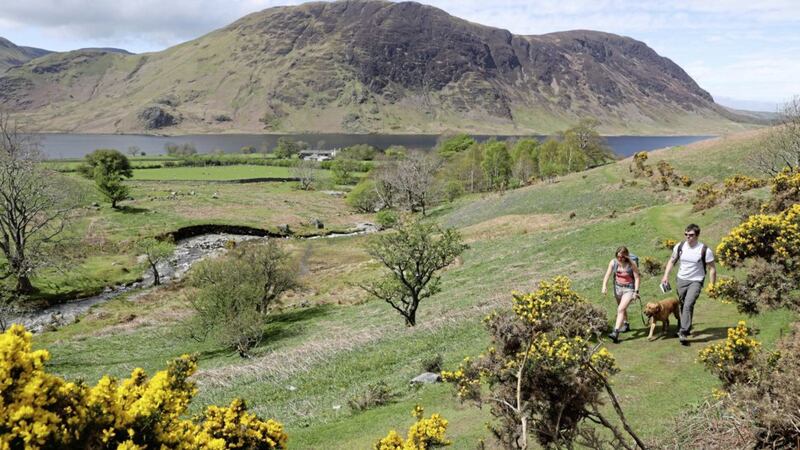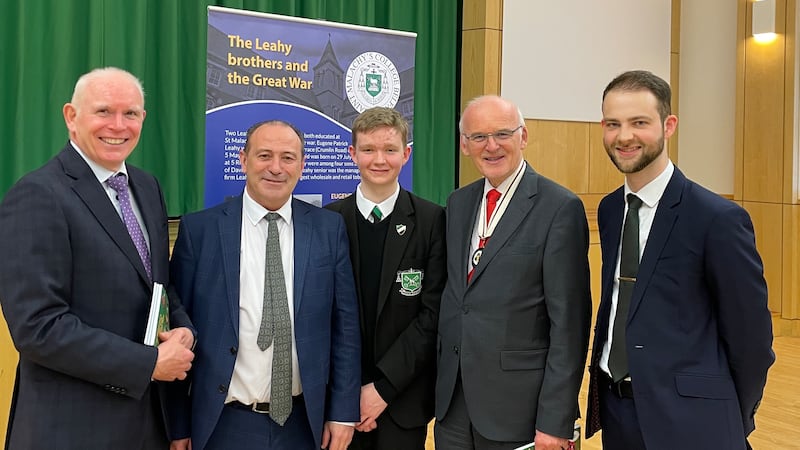CHILDREN believe that spending time in nature can give their school work a boost, according to research.
A new study into the impact of outdoor activity on children's wellbeing suggests that being outside can also make youngsters feel more confident and capable of trying new things.
The Wildlife Trusts, which commissioned the study, said the findings show that children experience "profound and diverse benefits" through having regular contact with nature, and that every child should have the chance to "experience the joy of wildlife in daily life."
Researchers at University College London's (UCL) Institute of Education studied children taking part in outdoor activities, such as identifying plants and trees and considering the needs of wildlife habitats, with their local Wildlife Trust.
Outdoor learning in simplest terms means leaving the classroom and going outside to facilitate education. This can be any area of the curriculum - it does not always have to be about nature studies or physical education. It can complement any lesson; literacy, numeracy, `stem' topics and even ITC. It can also encourage better problem solving, critical thinking, inquiry skills and self-management in pupils.
Going outside has been found to enhance pupils' learning and reinforce classroom work.
A total of 451, mostly aged eight and nine, children were asked by UCL to complete surveys before and after they took part in the events. Almost 200 of these children were also observed and interviewed about their experiences.
The findings showed that after spending time in nature, almost eight in 10 (79 per cent) said they felt the experience could help their school work.
More than eight in 10 (84 per cent) said they felt they are capable of new things when they try, and nine in 10 felt they had learned something new about the natural world.
About 79 per cent said they felt more confident in themselves, while the same proportion felt they had better relationships with their classmates.
And 81 per cent thought they had better relationships with their teachers.
Nigel Doar, the Wildlife Trusts' director of strategy, said: "This research shows that children experience profound and diverse benefits through regular contact with nature. Contact with the wild improves children's wellbeing, motivation and confidence.
"The data also highlights how children's experiences in and around the natural world led to better relationships with their teachers and classmates.
"The Wildlife Trusts believe everyone should have the opportunity to experience the joy of wildlife in daily life and we're calling on government to recognise the multiple benefits of nature for children - and ensure that at least one hour per school day is spent outdoors learning and playing in wild places."
Professor Michael Reiss, of UCL's Institute of Education, said: "Each generation seems to have less contact with the outdoors than the preceding one. We owe it to all young people to reverse this trend - for their sakes, for our sakes and for nature's sake."







